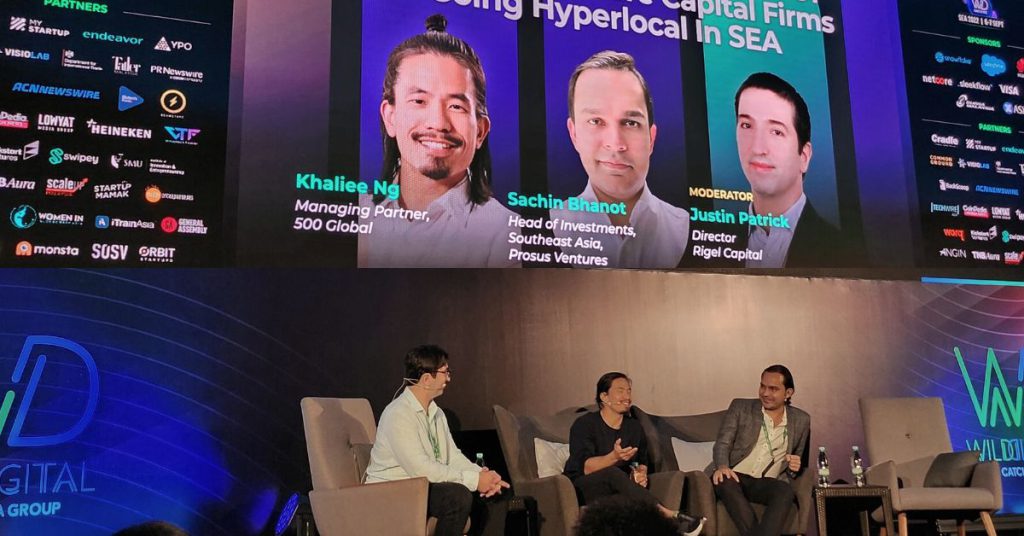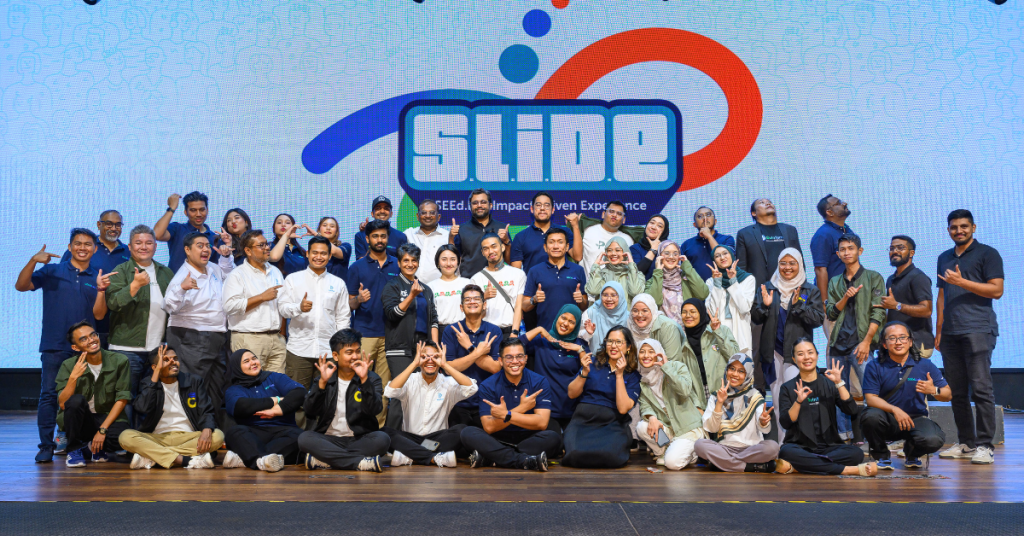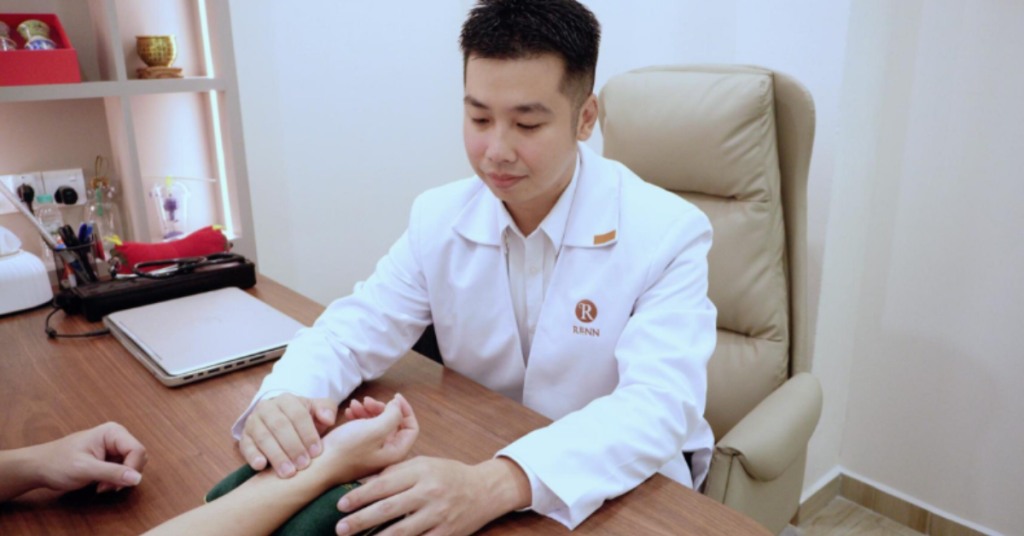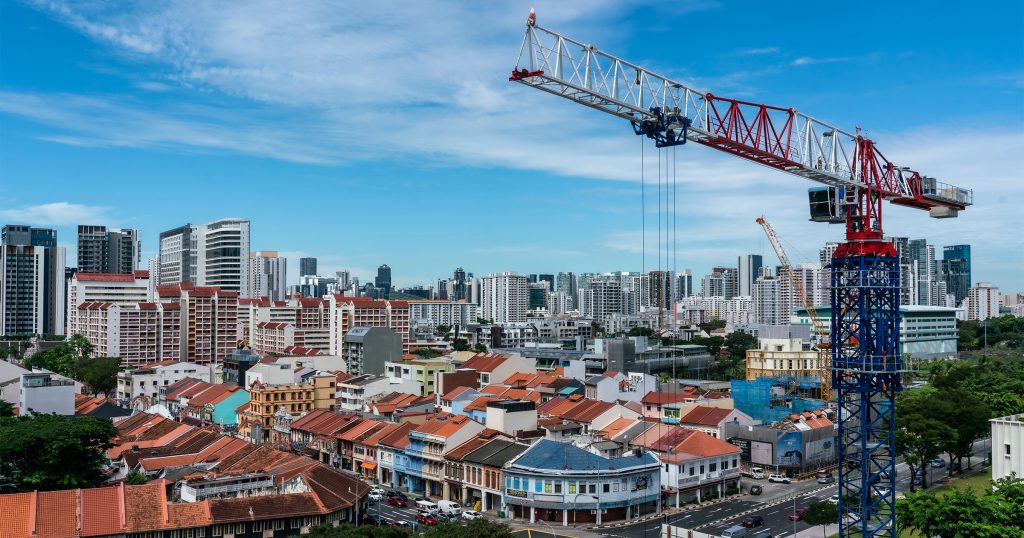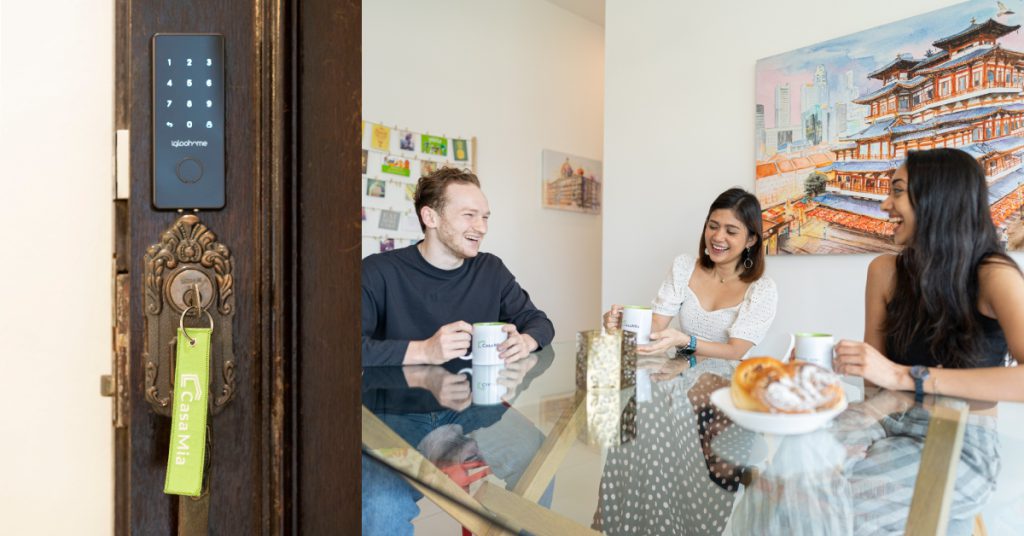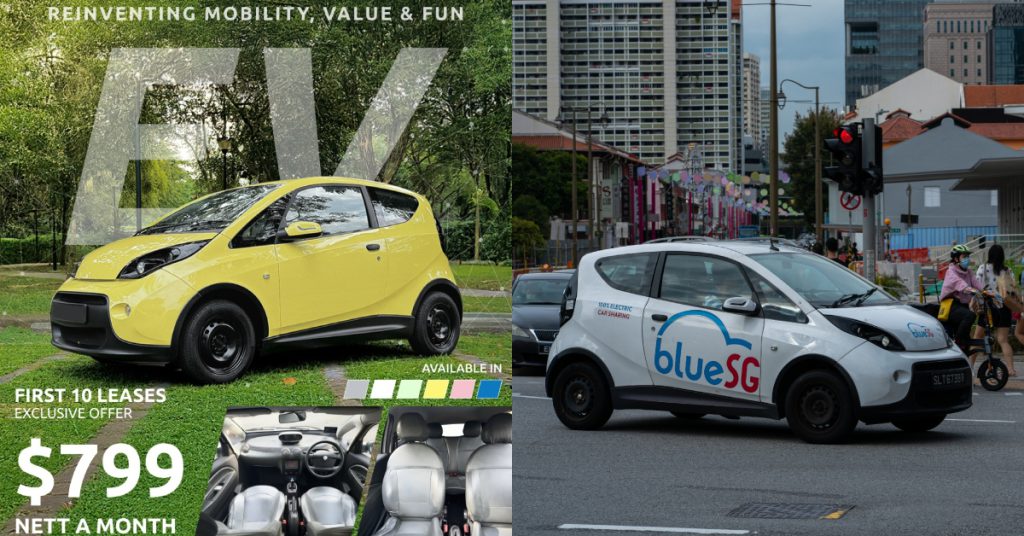SEA startups have immense potential to go far. That’s why Sequoia, Prosus Ventures (Prosus) and 500 Global have been prolific examples of successful global venture capital (VC) firms investing in the ASEAN region.
At Wild Digital SEA 2022, Justin Patrick of Rigel Capital sat down in a panel discussion with Khailee Ng from 500 Global and Sachin Bhanot of Prosus to explore the techniques global VCs apply in assessing the momentum of a startup to find the big winners.
More importantly, what can founders do to become the next Grab or Carsome in achieving regional and global success?
Get to know the VCs
Joining Prosus in 2021, Malaysian-born Sachin came in to set up the firm’s presence in SEA.
Prosus used to be known as Naspers, an investment holding company and permanent capital holding vehicle.
Its key verticals include a 30% stake in Tencent (the parent company of TikTok’s ByteDance), along with several food delivery, EdTech, and payments platforms. Funding amounts have started from as small as US$700K, and the biggest investment was US$200 million.

Meanwhile, 500 Global was formerly known as 500 Startups. Some of the VC’s key accounts include unicorns like Grab, Carsome, and Carousell, with the former two going public amidst the pandemic.
Managing Partner Khailee shared that 500 Global has been an early believer in these companies and has invested in them since 2010. As a result, 500 Global manages over US$3 billion in assets under management and its VCs have been entrusted to cut larger checks.
An exciting time for VCs to shop for startups
There are currently opinions that that the market for investments is cooling down due to unstable economic conditions. Some are of the perspective that VCs are cutting fewer checks and taking things slow.
However, Khailee pointed out that there is a difference between public and private investments. One comes from investors on the stock market, while the other is from private funders like VCs.
Expanding on the latter, Khailee noted that there were companies like Apple and Microsoft that were funded during down cycles as far back as 1975 in the energy crisis.
“Right now, I don’t think things are that bad because there are lots of entrepreneurs building great companies, and those who stayed alive amidst the pandemic are the fittest of the fit,” stated Khailee.
“Builders continue to build, and investors who understand the relationship between public and private will continue to back you.”

Backing this up was Sachin, who shared that Prosus is excited by SEA’s rapid growth that’s been catalysed by the pandemic, underpinned by significant market inefficiencies.
“If you look at the macro story, SEA as a region has a population of 600 million, demographic dividend, median age below 30, middle class that’s expanding in the next 10 years, and consumer expenditure accounts for 60% of GDP,” Sachin laid out.
Speaking about SEA’s technological growth, he shared that the region has seen close to 100 million internet users come online over the pandemic. “You have a mobile-first economy that’s the largest in the world, and the SEA digital economy has been vastly underestimated,” Sachin added.
Entrepreneurs in SEA also have the benefit of hindsight, because they have the opportunity to [replicate] and localise solutions that have succeeded in the US, China, and India. At the end of the day, tech developments in SEA are at least five years behind more mature markets.
Investors are realising that the startups that they invest in need to be backed by fundamentals and sustainable growth.
Niche, hyper-localised problems are worth solving too
On top of replicating solutions that’ve succeeded in other countries, Khailee and Sachin pushed founders to look into hyper-localised issues that require solving from a niche, region-specific lens.
Looking at ecommerce platforms like Indonesia’s Bukalapak, 500 Global came in at a time when its market penetration was just 2-3%.
Over time, the startup grew to monopolise the whole of Indonesia’s ecommerce, becoming a super app and now bringing in significant profits.

Khailee brought up another Indonesian aquaculture startup, eFishery, that was tackling hyper-localised problems and focusing on local indigenous markets in a specific country.
“These startups can find it very difficult to raise money because the problem is so niche and only applied to people on the outskirts of the cities,” Khailee highlighted.
“Today they’re making hundreds of millions of dollars in revenue and they’ve been profitable for the past three years. Nobody’s talking about them, nobody’s seeing them as glamorous. That’s how you unlock all of SEA.”
Strengthen your home base
At the end of the day, the most important essence of a successful startup is its team, led by a strong founder.
Sachin shared that Prosus tends to invest in founders that build and those who can look at solving problems on a micro and macro scale.
“[We like founders who are] able to execute, founders who are decisive, but also those who can take feedback, they know their strength but also know their strengths can be their weaknesses,” Sachin listed.
“Another trait we tend to look for in founders is, are you willing to hire people who are smarter than you? Are you willing to hire people who are not your clones? Are you fostering a culture which is very much a team effort success over individual success?”
Khailee finds that the founders who can take their startups far are those who know how to manage their energy.
Once founders reach a point of burnout and begin to blame others for their faults, they’ve already given the power to someone else, he added.
“If you can’t turn around the mindset, you can’t turn around the company,” he stated.
On a similar note, Khailee also urged entrepreneurs to look into building their bases in Malaysia, which is filled with high-quality talents.
Proving that it is possible, he shared that through 500 Global, he intentionally seeks out SEA companies to invest in and has accumulated at least 25% of them who are Malaysian.
Featured Image Credit: Vulcan Post



